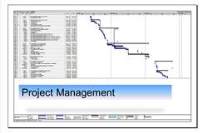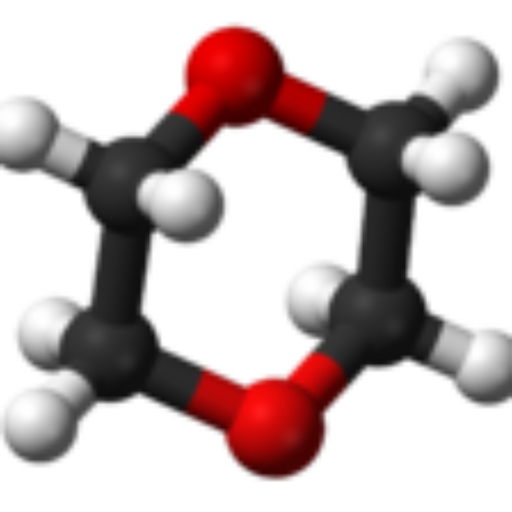Project Management
 Project management experience includes all project lifecycle tasks including: feasibility studies, planning and permitting, process design, construction, long-term operation and maintenance, permitting of plant/site closure, and decommissioning. The preferred contracting mechanism is time-and-materials; however, we have experience with fixed-price, and fixed-price guaranteed contracts with varying levels of work scopes and deliverables.
Project management experience includes all project lifecycle tasks including: feasibility studies, planning and permitting, process design, construction, long-term operation and maintenance, permitting of plant/site closure, and decommissioning. The preferred contracting mechanism is time-and-materials; however, we have experience with fixed-price, and fixed-price guaranteed contracts with varying levels of work scopes and deliverables.Pre-Engineering and Feasibility Studies
Feasibility studies identify the technologies that can be used for a specific project or application. For example, anaerobic treatment and activated sludge are commonly used alternatives for municipal and industrial wastewater. A feasibility study will identify the site-specific needs, the required performance, outline functional requirements, and estimate costs associated for each alternative. For water and wastewater applications, feasibility studies will often include the following: (1) describe the best available control technologies; (2) estimate preliminary dimensions of process equipment; (3) outline possible issues that may affect performance, and (4) estimate capital and operation costs. Feasibility studies may be required to conform to government guidance (i.e., in soil and groundwater remediation projects) and guidance often outlines the selection criteria. Individuals or corporations concerned with sustainability may require a baseline estimate of greenhouse gas emissions, and estimated emission changes (i.e., increases or reductions).
Process Engineering
Process engineering includes selection and sizing of process equipment, preparing process flow diagrams, process and instrumentation diagrams, and technical specifications. Depending on the project we prepare performance specifications or detailed technical specifications. Where applicable, we select and specify fully automated skid-mounted systems into our processes which are designed and assembled by equipment suppliers for efficient delivery and startup.
Operation and Maintenance Manuals
Operation and maintenance manuals are prepared for new and existing processes to support technical knowledge at several skill levels. These manuals offer technicians and operators a technical reference, describe standard operating procedures, and support mechanical and electrical subcontractors. The manuals are prepared with the intent of complying with quality systems and supporting quality control. I recommend continuously revising and augmenting manuals, documenting changes in equipment and procedures to support changes in staffing, while maintaining process performance. Generally, we include the following information as appendices to the manuals: applicable permits, templates for sample chain of custody forms, operations schedules, material safety data sheets, specifications of chemicals to be used, standard operating procedures not described in the manual, parts lists, equipment specifications, and mechanical drawings.
Training
We identify standard operating procedures and train technicians to operate and monitor environmental processes. For trained technicians, we provide training and technical support to optimize processes such as chemical dosing systems, biological wastewater treatment systems and soil remediation systems. The purpose of ongoing operator training is to improve process performance and lower operations costs.
Assessment of Process Improvements, Optimization, and Chemical Energy Efficiency
Process reviews are performed to identify opportunities to improve process functionality through process monitoring, automation, control, identification and removal of bottlenecks. Process optimization is performed for all environmental processes to reduce operations costs while improving process performance and reducing energy costs.
Data Management
